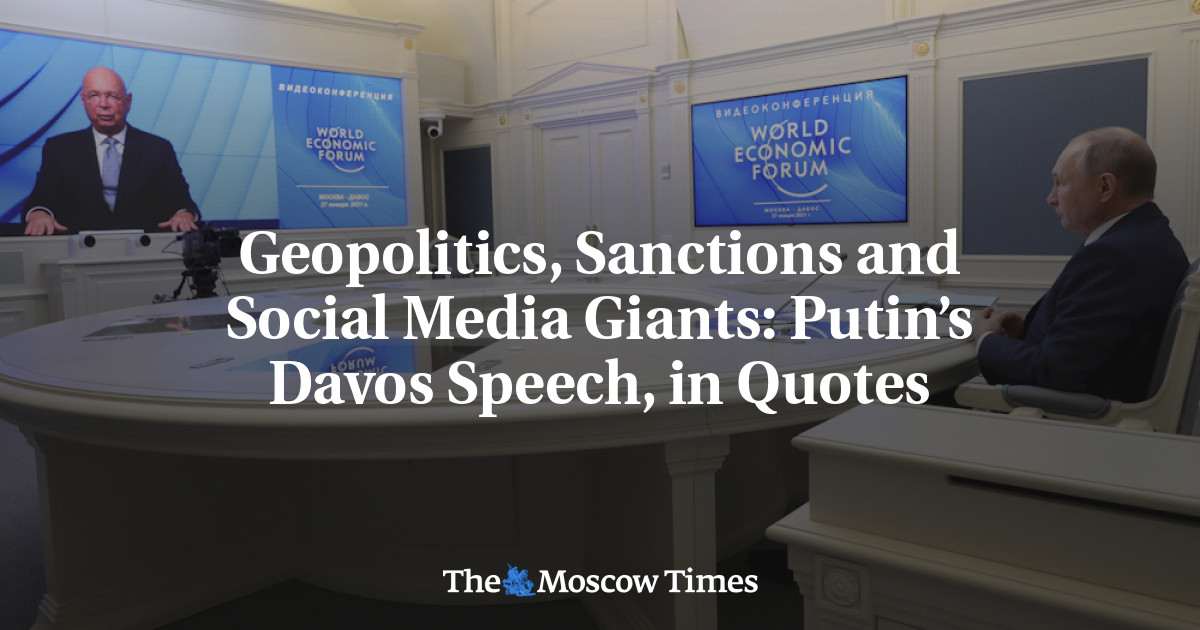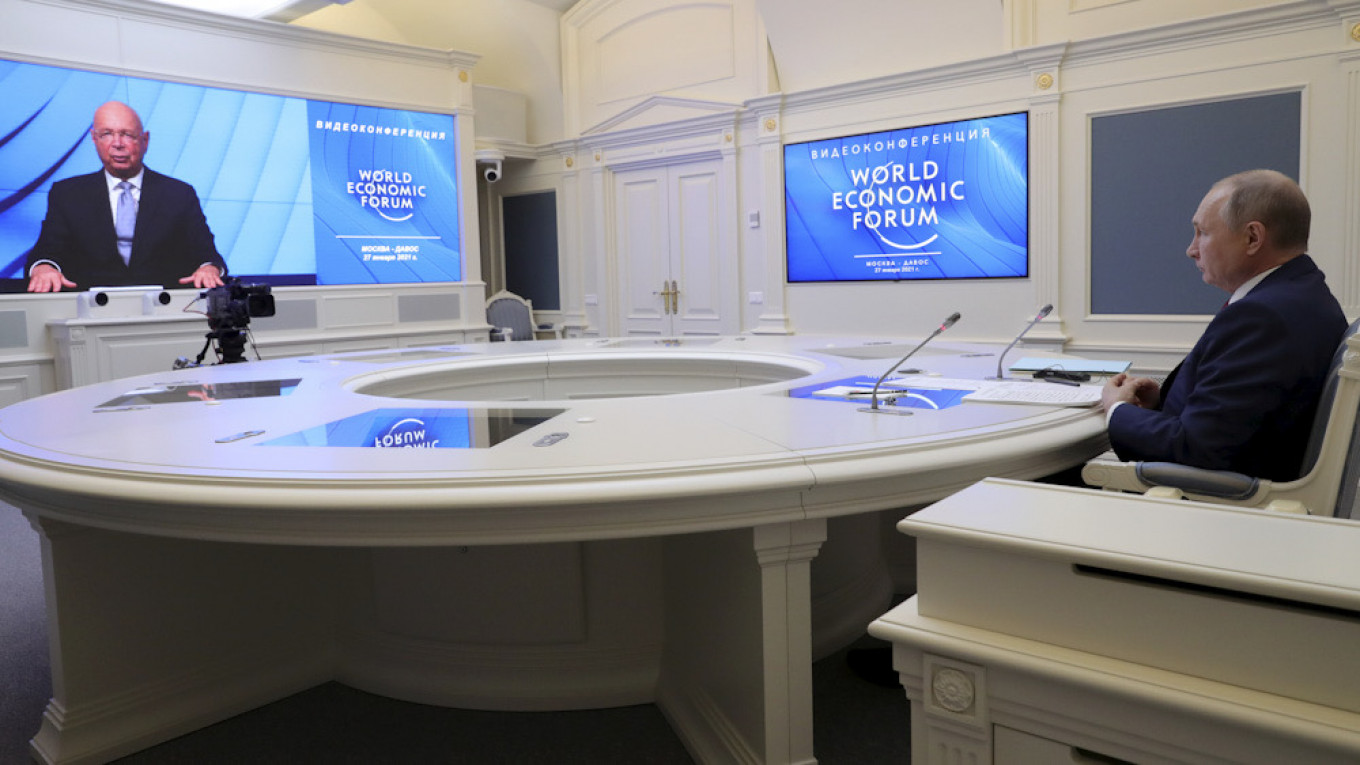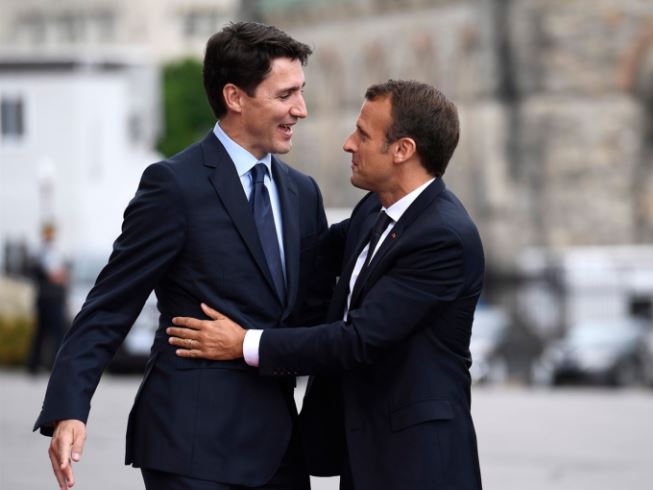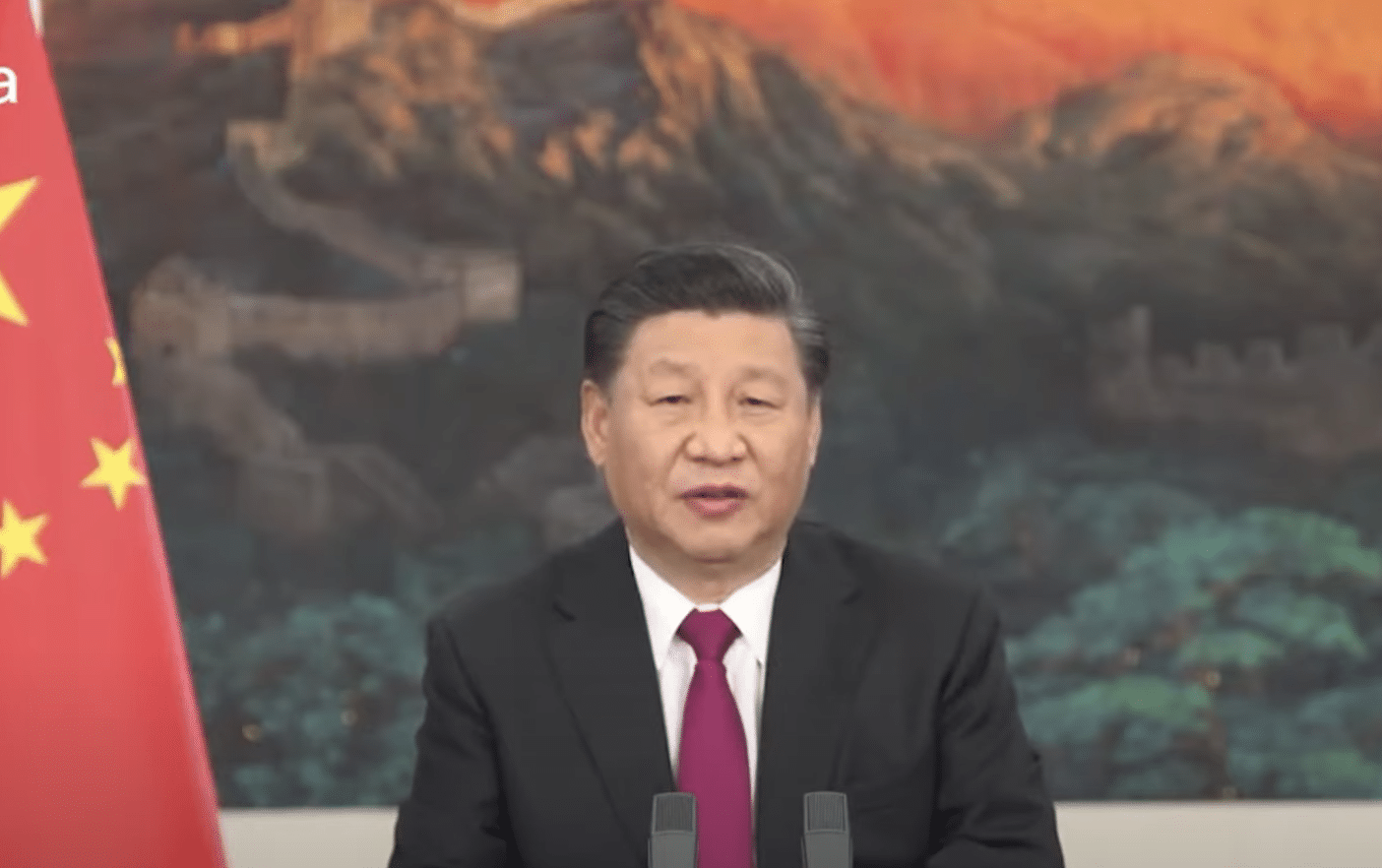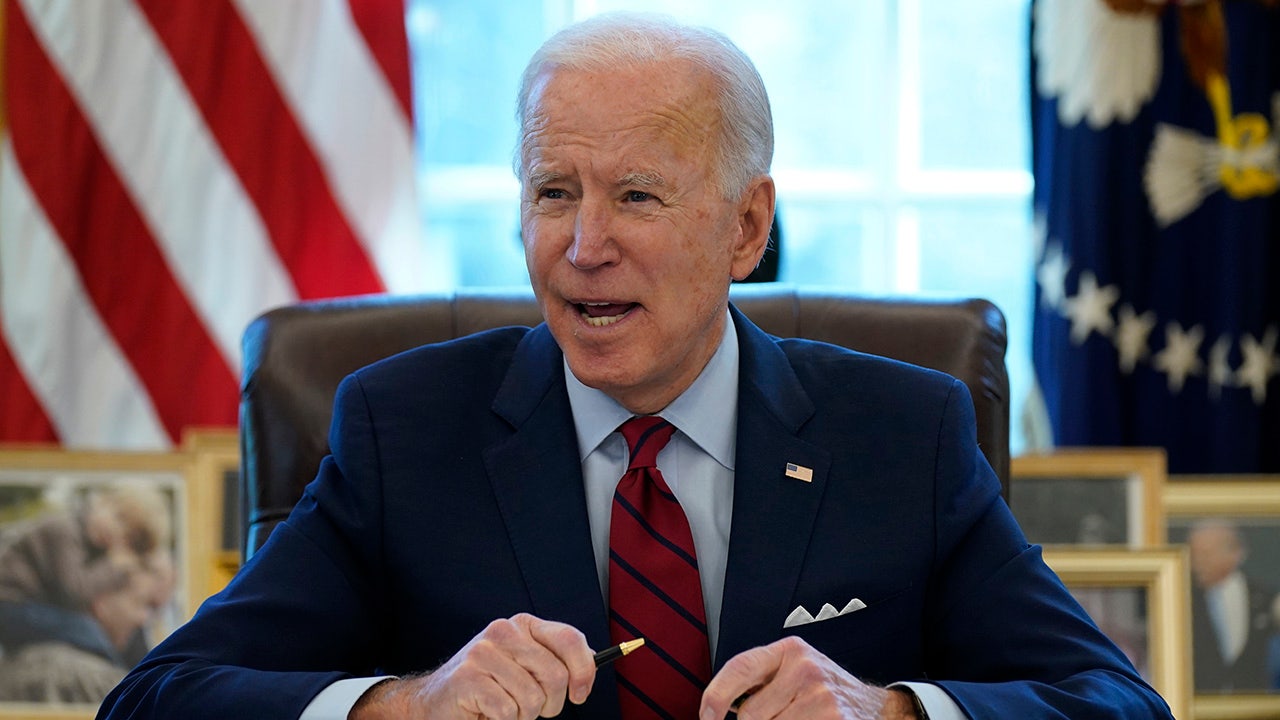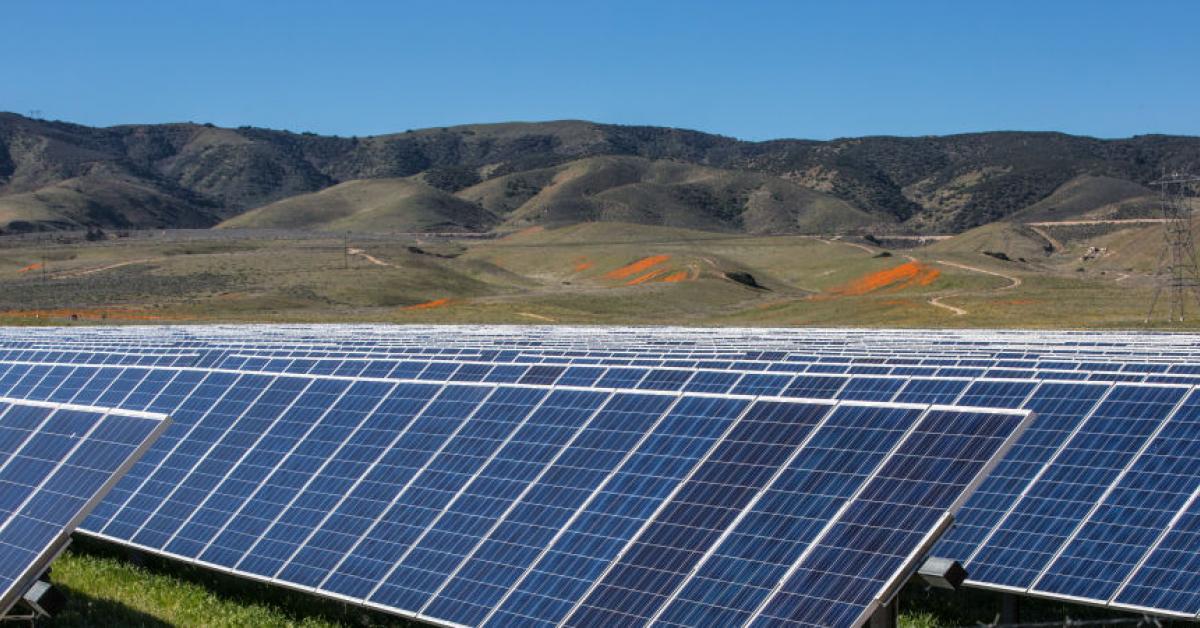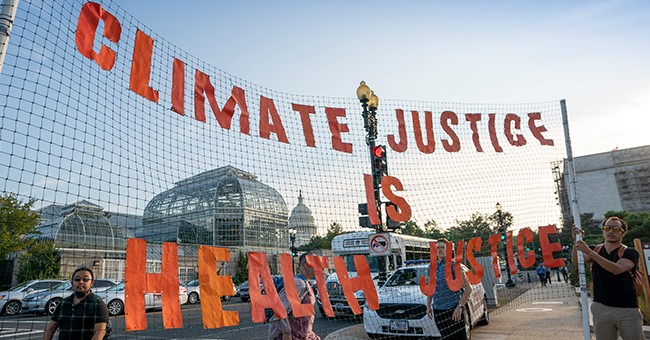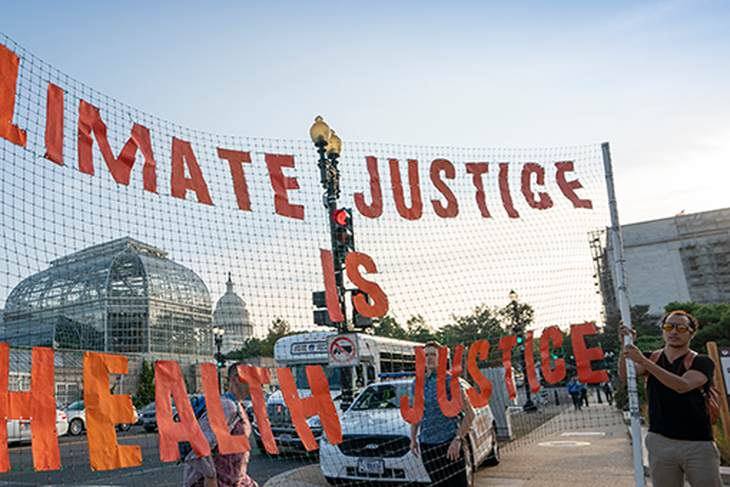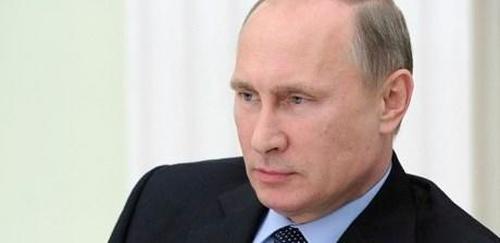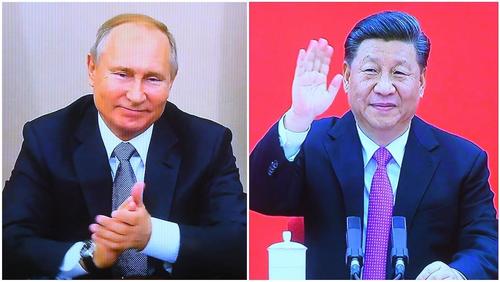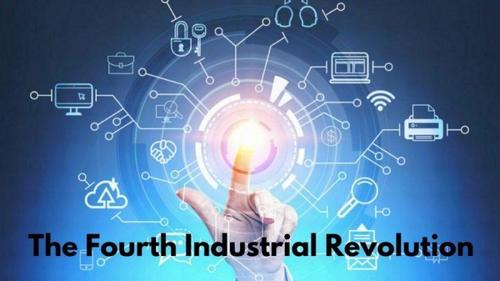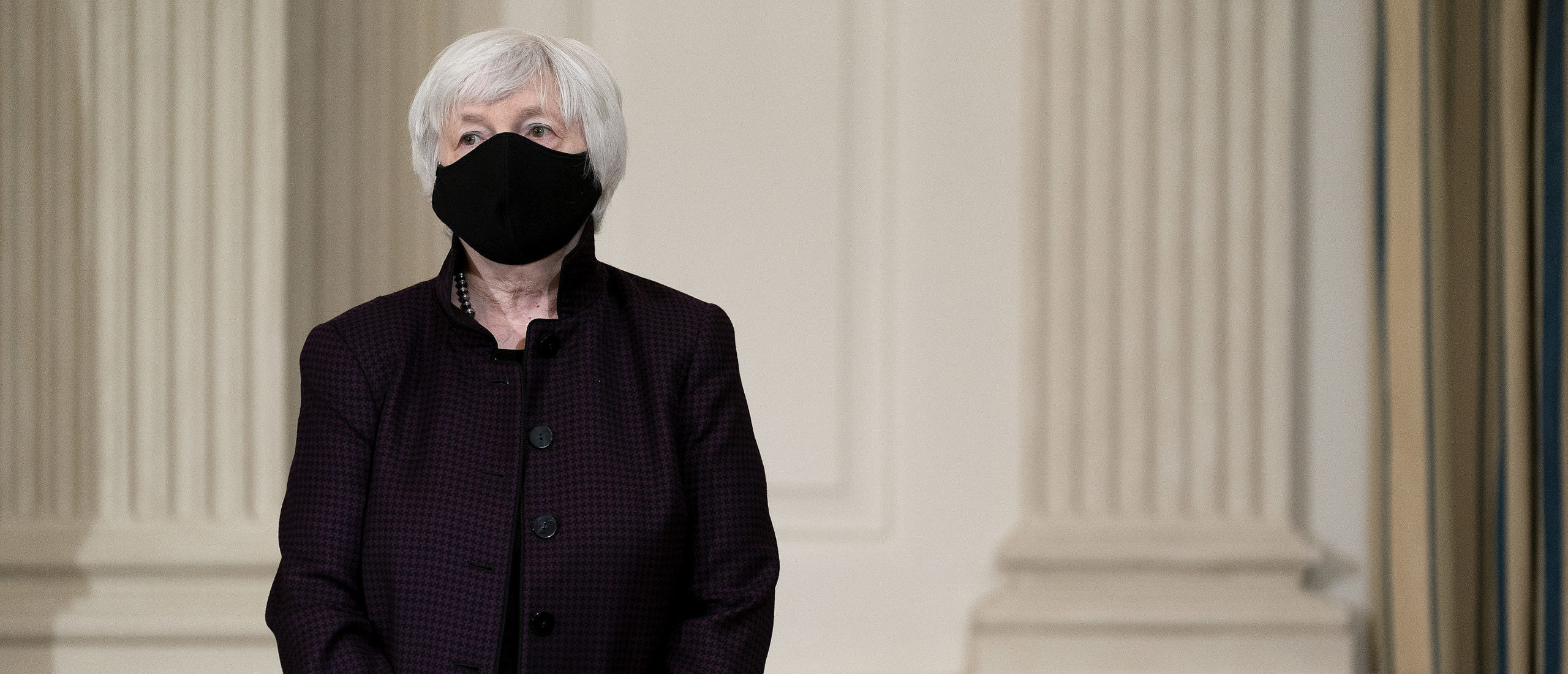marsh
On TB every waking moment
[Article referenced in prior article]
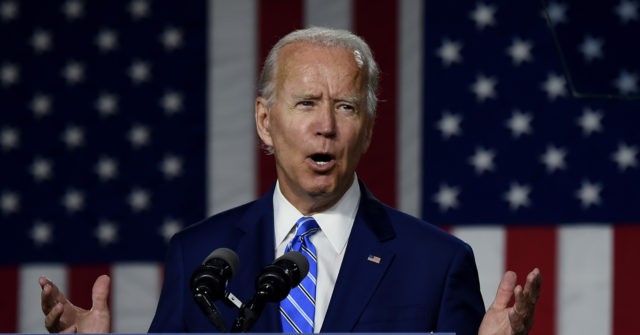
 www.breitbart.com
Delingpole: The Green Agenda IS the Great Reset
www.breitbart.com
Delingpole: The Green Agenda IS the Great Reset
750
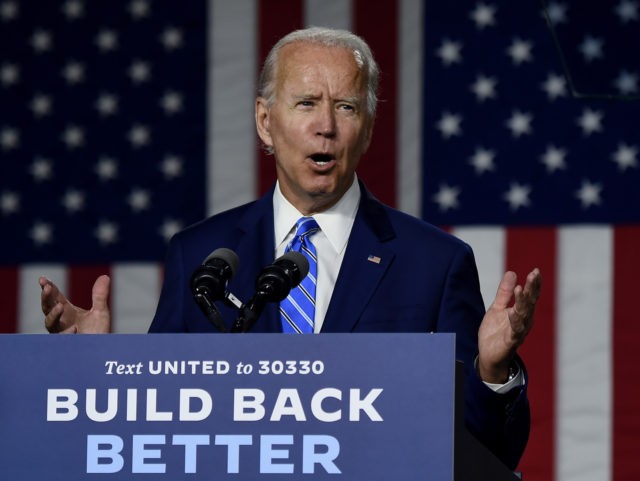 Getty Images
Getty Images
JAMES DELINGPOLE24 Nov 2020699
The green agenda IS the Great Reset.
One of the few political leaders who gets this is President Donald Trump.
On Sunday he warned in a video statement from the White House to the Group of 20 summit hosted by Saudi Arabia that the Paris Climate Agreement was ‘not designed to save the environment. It was designed to kill the economy.’
This is fair comment for reasons I have outlined many times before (eg here, here and here).
If the U.S. had remained a signatory it would have ceded huge competitive advantage to favoured economies like India and China to no useful purpose. After all, as Bjorn Lomborg once calculated, even if every country in the world sticks to its carbon reduction targets agreed at Paris, the best-case scenario is that it might reduce global warming by the end of the century by 0.170 degrees C. This is a difference so small it will be barely measurable and certainly not noticeable – at a cost to the global economy of perhaps $1.5 trillion per year.
Why?
One might well ask the same question of the policies recently announced by the government in my own country, the United Kingdom. Here Boris Johnson’s ‘Conservative’ administration has decreed that diesel- and petrol-powered cars must be phased out from 2030, as part of a 10-point plan for a ‘green industrial revolution‘ including more wind farms, more ‘green finance’, more money spent on public transport and cycle lanes, more ‘investment’ in dubious (and so far, highly unsuccessful) technologies like ‘Carbon Capture.’
Do these sound like ‘conservative’ policies to you?
Do you think all those working-class ‘Red Wall‘ voters in the Midlands and the North who lent their votes to the Conservatives in 2019, many for the first time, did so in the hope that Johnson would drive up their heating bills or confiscate their petrol cars and force them to buy electric ones they could never hope to afford?
Does this sound like a recipe for an economic revival — higher taxes, more government subsidies — after the slump caused by the government’s draconian lockdown policies?
If you answered ‘yes’ to any of these questions than I have a magnificent range of very competitively priced bridges I’d like to sell you.
As Matt Ridley cogently argues here, there could scarcely be a more effective way of killing Britain’s post-Brexit future than implementing Boris Johnson’s green revolution.
But it’s actually much more sinister – and global than that.
It’s not just in the U.S. and the UK that this embrace of the green agenda is taking place. It’s happening across Europe, and around the world from Australia to Canada.
In terms of saving the environment it makes no sense: why would you erect more bat-chomping, bird-slicing eco-crucifixes if you cared about wildlife and nature?
In terms of delivering a better world for voters it makes no sense either: it will just mean more restrictions, higher taxes, higher energy bills, less foreign travel, less freedom and so on.
Man-made global warming was never a plausible threat (existing only in the computer modelled projections of parti-pris activist scientists. And we know all about them don’t we, Neil Ferguson?). But it was, for decades, a handy pretext for concerted action by governments all over the world, under the auspices of organisations like the UN and its various COP climate summits, artificially to raise energy prices and increase state rules and regulations, and enrich crony corporatists, under the pretence that it was being done to save the planet.
But what is these globalists’ ultimate goal? And why is environmentalism such a key part of their plan?
For this, you’ll have to wait for my next piece, when I tell you about the most extraordinary and revealing interview I conducted with Patrick M Wood, who has been studying this phenomenon since it began in the early Seventies.
It’s so bizarre that it sounds like a dystopian fantasy – like Aldous Huxley’s Brave New World.
Unfortunately, the crazies backing this Great Reset are all too serious. They’ve got the money, they’ve got the power and with just a bit more time they’re going to get their way…
Unless, of course, we inform ourselves what they’re up to and take preventive measures before it’s too late.
Watch this space.

Delingpole: The Green Agenda IS the Great Reset
The green agenda IS the Great Reset. One of the few political leaders who gets this is President Donald Trump.
750

JAMES DELINGPOLE24 Nov 2020699
The green agenda IS the Great Reset.
One of the few political leaders who gets this is President Donald Trump.
On Sunday he warned in a video statement from the White House to the Group of 20 summit hosted by Saudi Arabia that the Paris Climate Agreement was ‘not designed to save the environment. It was designed to kill the economy.’
This is fair comment for reasons I have outlined many times before (eg here, here and here).
If the U.S. had remained a signatory it would have ceded huge competitive advantage to favoured economies like India and China to no useful purpose. After all, as Bjorn Lomborg once calculated, even if every country in the world sticks to its carbon reduction targets agreed at Paris, the best-case scenario is that it might reduce global warming by the end of the century by 0.170 degrees C. This is a difference so small it will be barely measurable and certainly not noticeable – at a cost to the global economy of perhaps $1.5 trillion per year.
Yet Joe Biden — in the event that he becomes president — has promised that he will drag the U.S. back into this frivolous, destructive, eye-waveringly expensive deal.World Economic Forum Outlines Its ‘Great Reset’ to End Traditional Capitalism World Economic Forum Heralds 'Great Reset' of Global Economy and Society
— Breitbart London (@BreitbartLondon) October 14, 2020
Why?
One might well ask the same question of the policies recently announced by the government in my own country, the United Kingdom. Here Boris Johnson’s ‘Conservative’ administration has decreed that diesel- and petrol-powered cars must be phased out from 2030, as part of a 10-point plan for a ‘green industrial revolution‘ including more wind farms, more ‘green finance’, more money spent on public transport and cycle lanes, more ‘investment’ in dubious (and so far, highly unsuccessful) technologies like ‘Carbon Capture.’
Do these sound like ‘conservative’ policies to you?
Do you think all those working-class ‘Red Wall‘ voters in the Midlands and the North who lent their votes to the Conservatives in 2019, many for the first time, did so in the hope that Johnson would drive up their heating bills or confiscate their petrol cars and force them to buy electric ones they could never hope to afford?
Does this sound like a recipe for an economic revival — higher taxes, more government subsidies — after the slump caused by the government’s draconian lockdown policies?
If you answered ‘yes’ to any of these questions than I have a magnificent range of very competitively priced bridges I’d like to sell you.
As Matt Ridley cogently argues here, there could scarcely be a more effective way of killing Britain’s post-Brexit future than implementing Boris Johnson’s green revolution.
My fear is that we will carry out Boris’s promised 10-point plan, cripple our economy, ruin our seascapes and landscapes, and then half way through the 2030s along will come cheap, small, safe fusion reactors. The offshore wind industry, by then so stuffed with subsidies they can afford to lobby politicians and journalists even more than they do to today, will suck their teeth and say: “no, no, no – ignore the fusion crowd. We’re on the brink of solving the reliability issue, and don’t worry, the cost will come down eventually. Promise!”
Indeed. One theory has it that it’s all down to the influence of Boris’s green activist girlfriend Carrie Symonds, her worryingly powerful chum in the House of Lords Zac Goldsmith, and to Chancellor of the Duchy of Lancaster Michael Gove, who was memorably pictured last year with a bunch of fellow eco-loon MPs drooling over the Doom Goblin Greta Thunberg.Boris, this is not the way to the promised land, especially when the government is borrowing £300 billion because of covid. High-cost electricity will prevent the United Kingdom making a success of Brexit. It will bankrupt us in the short run, make us less competitive in the long run and not cut emissions much anyway.
But it’s actually much more sinister – and global than that.
It’s not just in the U.S. and the UK that this embrace of the green agenda is taking place. It’s happening across Europe, and around the world from Australia to Canada.
In terms of saving the environment it makes no sense: why would you erect more bat-chomping, bird-slicing eco-crucifixes if you cared about wildlife and nature?
In terms of delivering a better world for voters it makes no sense either: it will just mean more restrictions, higher taxes, higher energy bills, less foreign travel, less freedom and so on.
What you need to understand is that the supposed ‘climate crisis’ we’ve been hearing about ad nauseam since at least the 1992 Rio Earth Summit was really just a pretext for the kind of globalist takeover now being conducted by our governments in lockstep with the World Economic Forum’s The Great Reset and the United Nations’ parallel Agenda 2030 (an update of its notorious Agenda 21).Delingpole: Princess Nut Nut Elbows Bojo Towards the Great Reset Delingpole: Princess Nut Nut Elbows Bojo Towards the Great Reset
— Breitbart London (@BreitbartLondon) November 17, 2020
Man-made global warming was never a plausible threat (existing only in the computer modelled projections of parti-pris activist scientists. And we know all about them don’t we, Neil Ferguson?). But it was, for decades, a handy pretext for concerted action by governments all over the world, under the auspices of organisations like the UN and its various COP climate summits, artificially to raise energy prices and increase state rules and regulations, and enrich crony corporatists, under the pretence that it was being done to save the planet.
But what is these globalists’ ultimate goal? And why is environmentalism such a key part of their plan?
For this, you’ll have to wait for my next piece, when I tell you about the most extraordinary and revealing interview I conducted with Patrick M Wood, who has been studying this phenomenon since it began in the early Seventies.
It’s so bizarre that it sounds like a dystopian fantasy – like Aldous Huxley’s Brave New World.
Unfortunately, the crazies backing this Great Reset are all too serious. They’ve got the money, they’ve got the power and with just a bit more time they’re going to get their way…
Unless, of course, we inform ourselves what they’re up to and take preventive measures before it’s too late.
Watch this space.
Delingpole: Only Donald Trump Can Save Us from the Great Reset Delingpole: Only Donald Trump Can Save Us from the Great Reset
— Breitbart London (@BreitbartLondon) November 1, 2020






